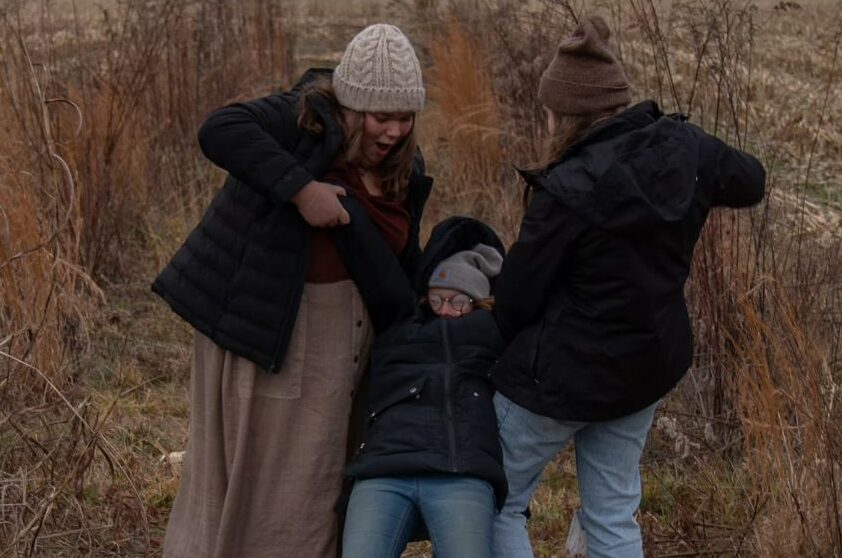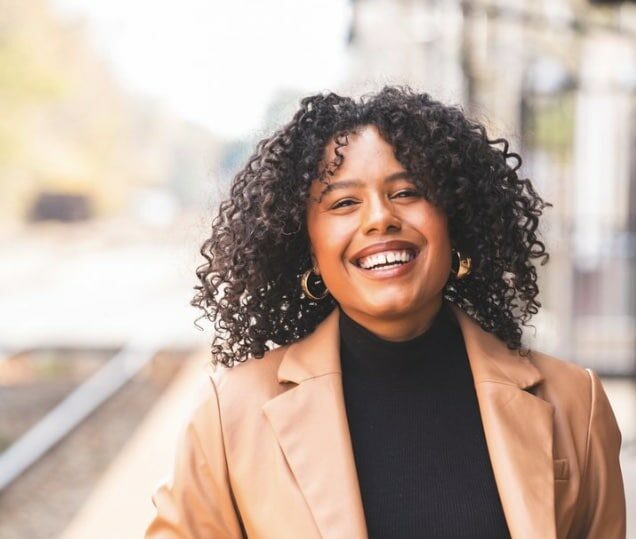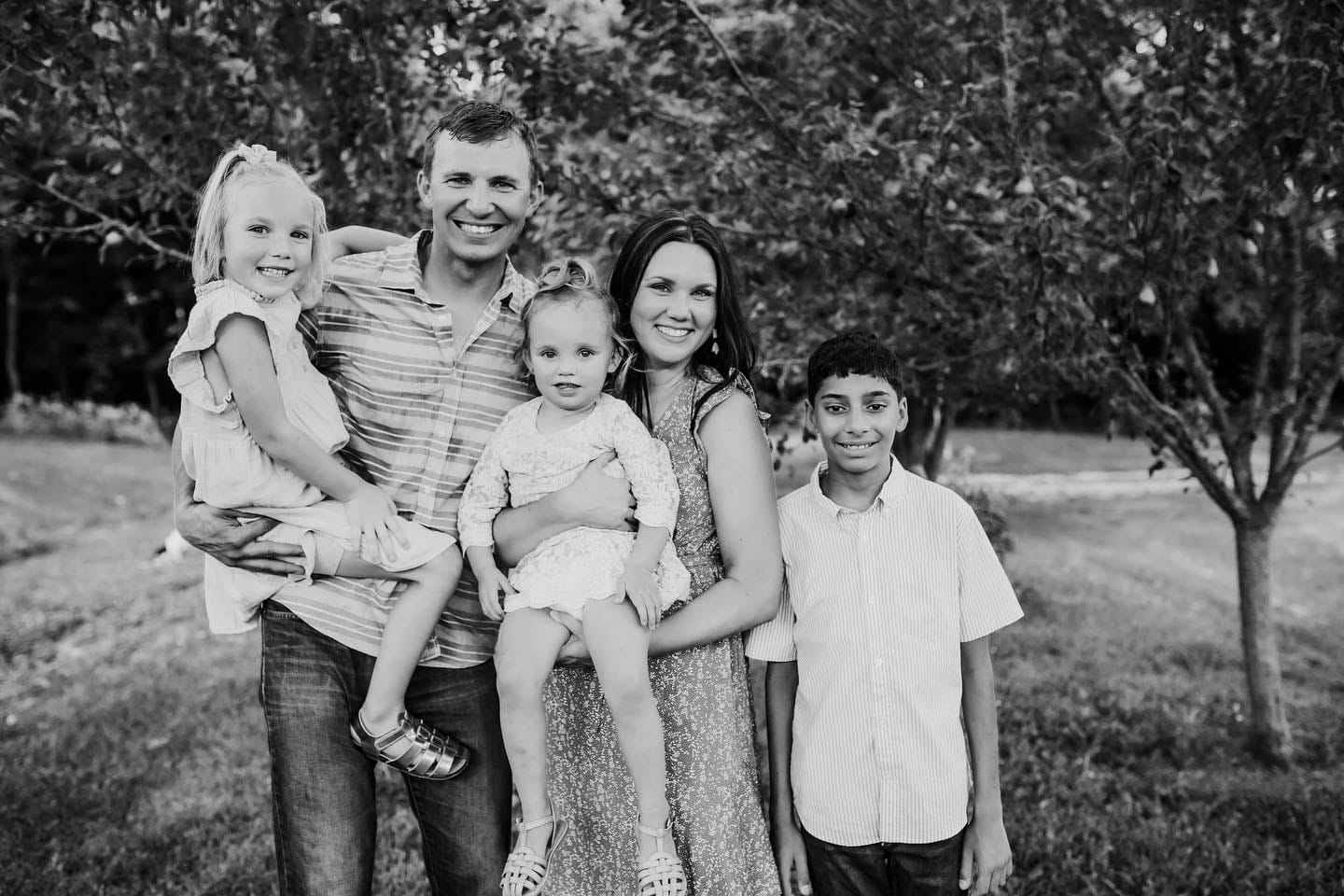I’ll be the first to admit that in my passion for advocating for orphaned and vulnerable children, I haven’t always gotten it right. You see I grew up in a world where the ultimate calling in life would be to move overseas start an orphanage. There was absolutely nothing more noble, more honorable, more esteemed than moving to another country to start or work for an orphanage: it was the pinnacle of righteous glory. I went on many mission trips to places where these orphanages had been started. Mission trips that I fundraised for, paid for flights and transportation, brought money to buy food and souvenirs in country, and then came back home to share the all the gory details of my benevolence. I remember one specific trip to Costa Rica, where I vocalized to the group I was with that I wished I could just adopt all of these beautiful babies and bring them home— as if that was the answer to all of their problems.
I look back on the way that I viewed these trips, and viewed caring for orphaned and vulnerable children, and I cringe. My heart was in the right place— I saw hurting children and I wanted to make it better, but my gosh my methods of “making it better” could not have been further from what they needed. I was young and naive, I had done zero research, and the full extent of my knowledge of orphaned children came from others like me who had been on similar trips.
What I didn’t know was that nearly every child I interacted with had a family who loved them, cared for them, and wanted what was best for them. I didn’t know that children living in institutions are at a much higher risk of abuse. I didn’t know that once these precious children grew up, turned 18, and aged out of an orphanage they were at a higher risk of being targeted for trafficking, of experiencing homelessness, and that they were more like (by alarmingly high rates) to die by suicide.
In my mind, the best thing for these children would be to live in an orphanage, get adopted (by an American family), and live out the rest of their blissful lives with their new families. I didn’t know about the trauma that adoptees experience, the difficulty that transracial and transnational adoptees face every day of their lives. I didn’t know that so many of these children were living in institutions due to issues related to poverty, that for so many of them their families would have given anything to provide for them, and as a last resort they dropped them on the doorstep of an orphanage to guarantee they’d be fed. I didn’t know that sending financial support to orphanages, while a noble idea, might actually end up convincing entire communities that their children were better off in the children’s home, rather than in their own homes with their own families.
But now I know. And I must recognize that I was part of the problem. In my own way, I contributed to the orphan crisis. I blindly supported all orphanages and all international adoptions. I heard horror stories of children’s experiences in orphanages and assumed that those stories were the exception, not the rule. I heard stories of fraudulent international adoption agencies, and again assumed that it was a small fraction of an overall healthy system. I wrongly assumed that the world was watching closely, and any injustice (especially injustice against children) was quickly recognized and dealt with accordingly.
I can’t close my eyes and pretend now that I don’t see, can’t absolve myself of the guilt of knowing that I chose to participate in and support a system that actively drew children away from their families. I can’t go back and change the past, but I can do better moving forward. I can support nonprofits that fight for family preservation. I can choose to invest in communities rather than orphanages. I can recognize that while orphanages still exist in so many places, they’re not what’s best for children. I can recognize that for children who truly don’t have a safe and loving family to care for them, international adoption shouldn’t be the first or only option. I can support nonprofits that use children’s homes as emergency, short term solutions, rather than long term ones. And I can continue to advocate for family preservation and family style care with safe adults who look like these children, who share the same culture as these children, and who can provide a safe and loving home for as long as necessary within their own communities.
It pains me looking backward and seeing the ways I used to advocate for orphaned and vulnerable children, but I won’t let my embarrassment stop me from advocating for what research shows IS best for children now. I can recognize that the ways I used to practice advocacy was harmful to children and families. Now that I know better, I’m not afraid to change my mind. Are you?



